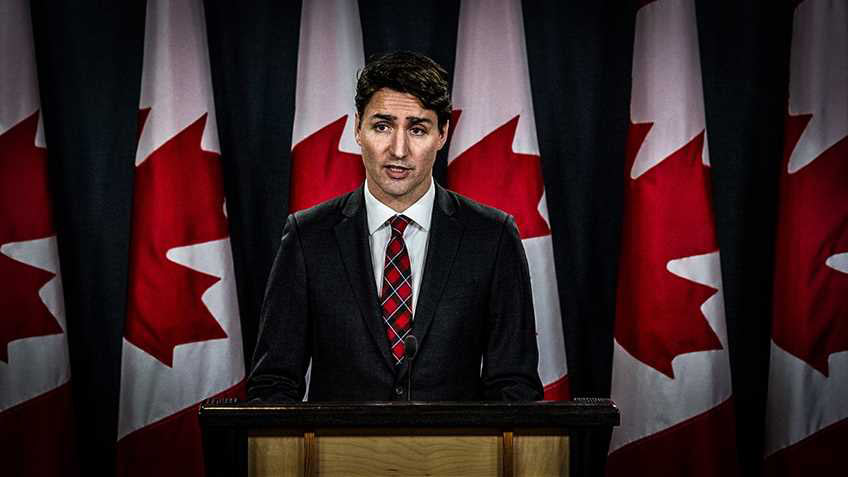Yellowstone National Park, which received millions of dollars in federal funding several years ago to build new employee housing (above), is the recipient of a $40 million gift to build more housing/NPS file
Yellowstone National Park, which launched a project four years ago to improve employee housing, is receiving a $40 million gift to provide more employee housing.
The money, announced Thursday by the National Park Foundation and the National Park Service, was provided by donors who asked to remain anonymous. It’s expected to pay for more than 70 modular units to address the shortage of employee housing in the park.
A lack of employee housing is a critical issue across the National Park System. The problem has been exasperated by rundown NPS housing and the advent of home vacation rentals surrounding parks that have drawn down the number of existing rentals while, at the same time, driving up pricing for other rental properties.
Four years ago Yellowstone Superintendent Cam Sholly undertook a program to update employee housing. At the time, Interior Department officials dedicated “tens of millions of dollars” for Yellowstone to use to “demolish and replace trailers with high-quality modular cabins, upgrade aging utility lines, perform site improvements, including landscaping, and invest in other housing improvement projects” over the next two years. That project aimed to replace 64 outdated trailers with high-quality modular cabins.
At the same time, the park was working to improve the condition of 150 non-trailer and non-historic housing units.
The $40 million gift announced Thursday “will meet a critical need for new housing in Yellowstone, and be a catalyst for more philanthropic investment,” said Will Shafroth, president and CEO of the National Park Foundation. “These skilled, dedicated professionals at the National Park Service who protect our parks and make visitors’ experiences great deserve housing they can be proud to call home.”
Yellowstone spokesperson Morgan Warthin told the Traveler that the park “will add housing units in multiple areas over the upcoming years based on our analysis of where housing shortfalls exist.”
While no similar gifts were announced for other parks struggling with employee housing, officials said they hoped the Yellowstone funding would serve as a model for other parks in need of employee housing.
The Park Service employs 20,000 people who support operations at 429 parks located in all 50 states, the District of Columbia, and U.S. Territories. In all, there are more than 5,600 housing facilities in over 200 parks, ranging from 100-year-old cabins to modern dormitories and duplexes in urban and rural communities as well as remote areas. More than 15,600 people rely on these homes, including 2,800 permanent and 5,000 seasonal employees, as well as volunteers, and employees of concessionaires and park partner organizations.
The Park Service invests tens of millions of dollars annually to address housing operation, maintenance, repair, and construction, and to offset leased housing in nearby communities when in-park housing is not available. The $40 million donation is significant because it will allow Yellowstone to construct entirely new housing.
A National Park Foundation assessment of Park Service housing needs at three national parks — Acadia, Yosemite, and Grand Teton — found that in total those parks require more than $115 million in funding to add more than 200 employee housing units.
Private philanthropy is well-positioned to accelerate the pace of change across the National Park System, the foundation and Park Service said in a release. The $40 million gift will bridge the funding gap at Yellowstone to meet the current need for employee housing in the park and provide a funding model to accelerate construction of employee housing at national parks across the country.
“The housing challenges facing each park are unique, and so are the solutions,” said Park Service Director Chuck Sams. “The ability to recruit and retain a talented workforce remains essential to our ability to protect parks and to ensure a world-class visitor experience. NPS is committed to innovative solutions that contribute to meeting the demand for employee housing across the National Park System. I am incredibly grateful to the donors to the National Park Foundation whose tremendous generosity will help NPS address this critical need.”





